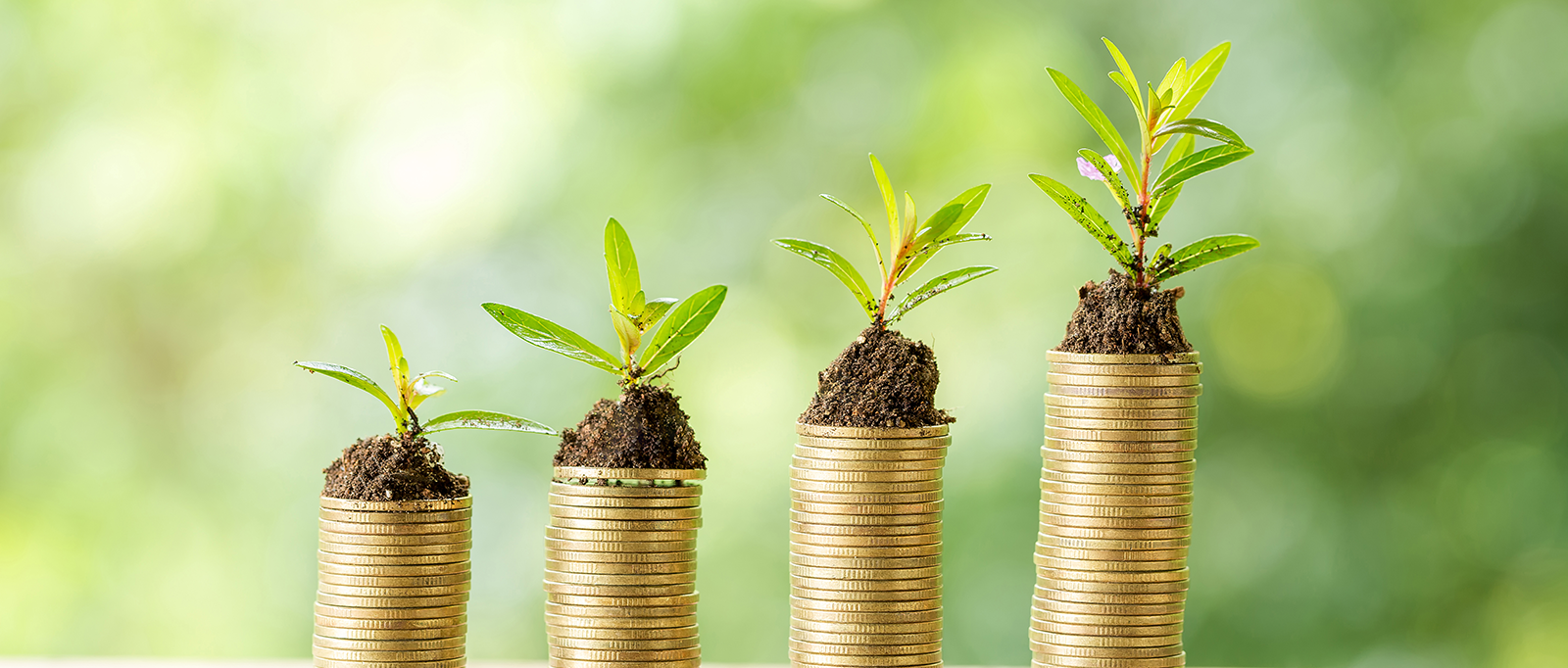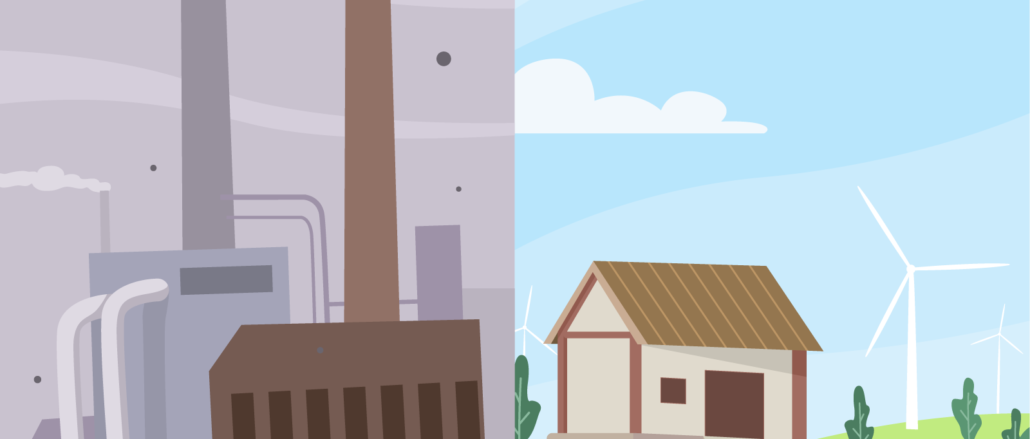
The functionality economy is defined as a system that prioritizes the use rather than the sale of a product.
This booming business model offers an alternative for companies wishing to embrace sustainable development. This is leading to the creation of local cooperative ecosystems involving businesses, local authorities and community associations.
This economy also enables us to move away from the immediate transactional logic between a product supplier and its customer, towards a long-term contract of trust, based on a close, personalized relationship with the beneficiary.
The functionality economy is one of the seven pillars of thecircular economyIt is in line with the dynamics of the Conférence environnementale and the the law on energy transition for green growth.
What are the benefits?
- Numerous companies and businesses that have invested in the functionality economy testify that it is indeed an economically viable alternative.
- This more frugal economic model comes at a time when we need to make an energy and economic transition in terms of resources and pollution. It decouples production and income, and optimises the use of resources and goods.
- Last but not least, it creates new jobs in rental product management, research and development, marketing, repair and re-use…
CircularPlace supports your company in its transition to a circular and sustainable economy, through the resale, donation and re-use of unsold non-food products.
Consuming better to reduce our impact on the environment is becoming one of the most important issues of the new academic year 2022!
Questions about CircularPlace?
Want to follow us?
Subscribe to our newsletter!



